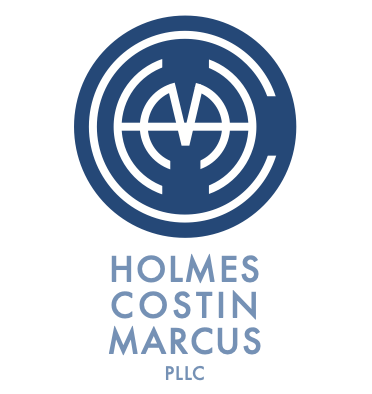Knowing the Rules can win Trials, or at Least Produce Perry Mason Moments
By: Ellen D. Marcus
Insights
Alex Jones is in the news again. This time, for filing for bankruptcy following two jury verdicts earlier this year in civil cases brought against him by the families of the Sandy Hook victims. Jones testified at both, attempting to defend his earlier claims that the massacre was a “hoax.” Fireworks flew, offering many object lessons to trial lawyers and the clients who may need them, including the importance of knowing the Rules.
An exchange during Jones’s cross-examination at the first trial (in Texas) perfectly illustrates this lesson. It was dubbed by Jones himself a “Perry Mason moment” for the victims’ lawyer, when he asked:
Mr. Jones, did you know that 12 days ago, 12 days ago, your attorneys messed up and they sent me an entire digital copy of your entire cell phone with every text message you’ve sent for the past two years. And when informed did not take any steps to identify it as privileged or protected in any way. And as of two days ago it fell pretty clear into my possession and that is how I know you lied to me when you said you didn’t have text messages about Sandy Hook—did you know that?
This moment is obviously intended as a sucker punch to Jones and dramatic inflection for the jury. But it is more than that. It also contains the lawyer’s argument to the judge that he is entitled to use these texts at trial—even though they were produced by Jones’s lawyers “inadvertently” (by accident). The lawyer anticipated a challenge to his use of the texts and had a plan to defeat it. And, in the end, he did because his plan was based on the Rules.
Rules govern inadvertent productions. In Texas, it’s Texas Rule of Civil Procedure 193.3. Most other jurisdictions have similar Rules. In Virginia where I practice, we codified our Rule at Virginia Code § 8.01-420.7. When lawyers encounter inadvertent productions, they are also governed by Rules of ethics.
Note that these procedural Rules don’t cover inadvertent production of any kind of document. They only govern inadvertent productions of documents protected by the attorney-client privilege. By virtue of that privilege, generally speaking, even documents squarely relevant to a court case do not have to be produced to the other side if they are communications between a party and their lawyer. The point of the privilege is to foster open communication between clients and their lawyers so that lawyers can effectively represent their clients.
The Texas Rule generally allows parties to withhold from discovery—that is, to hold back from producing to the other side—documents that are privileged attorney-client communications, even if they are relevant to the dispute. If privileged documents that could have been withheld are inadvertently produced, the Rule provides:
(d) Privilege not waived by production. A party who produces material or information without intending to waive a claim of privilege does not waive that claim under these rules or the Rules of Evidence if - within ten days or a shorter time ordered by the court, after the producing party actually discovers that such production was made - the producing party amends the response, identifying the material or information produced and stating the privilege asserted. If the producing party thus amends the response to assert a privilege, the requesting party must promptly return the specified material or information and any copies pending any ruling by the court denying the privilege.
So now we know why the victims’ lawyer asked the question the way he did—with references to what happened 12 and two days earlier. As further clarified during the argument on Jones’s mistrial motion the next day, upon receiving an e-mail from the Jones lawyers 12 days before Jones testified that contained a file link to the texts, the victims’ lawyers notified the Jones lawyers and cited the Texas Rule. But rather than “identifying” any “material or information” in the texts to “assert a [attorney-client] privilege,” the Jones lawyers simply responded that the victims’ lawyers should “disregard” the production, and then allowed 12 days to pass. Under the Texas Rule, however, to successfully (as we say) “claw back” inadvertently produced privileged documents, within 10 days, you must “identify” the privileged information and “stat[e]” the privilege.
(Note that the specifics of the applicable Rule matter. The Virginia Rule, for example, does not specify a deadline. It refers only to “prompt” “reasonable steps” for a claw back.)
The victims’ lawyers argued that the Jones lawyers never effectuated a claw back under the Rule. For their part, the Jones lawyers could only point to their general request that the entire production—which admittedly was not all protected by attorney-client privilege—be “disregard[ed].” This is not good enough under the Rule, as the Judge ruled, illustrating the importance to effective trial advocacy of knowing the Rules.

